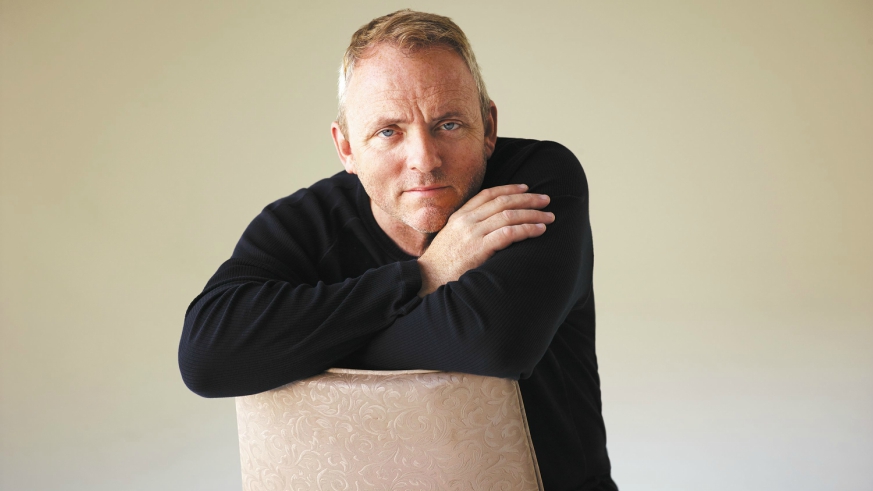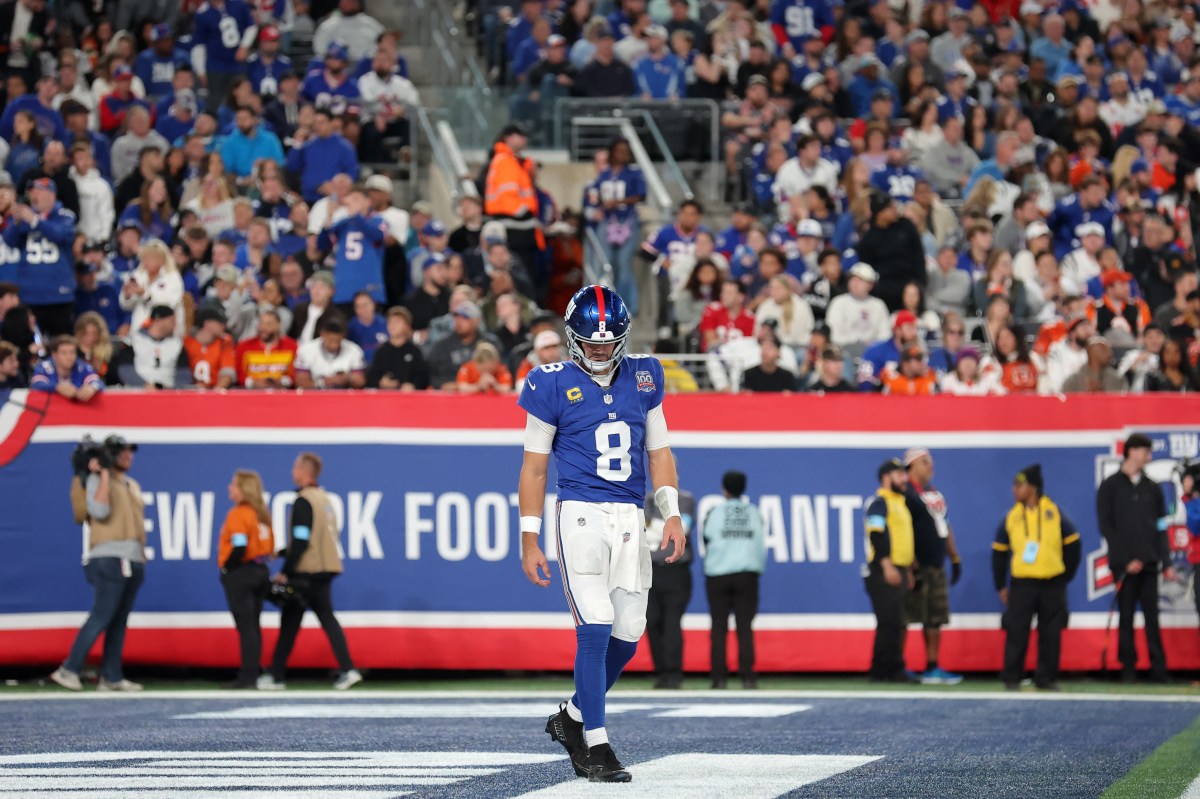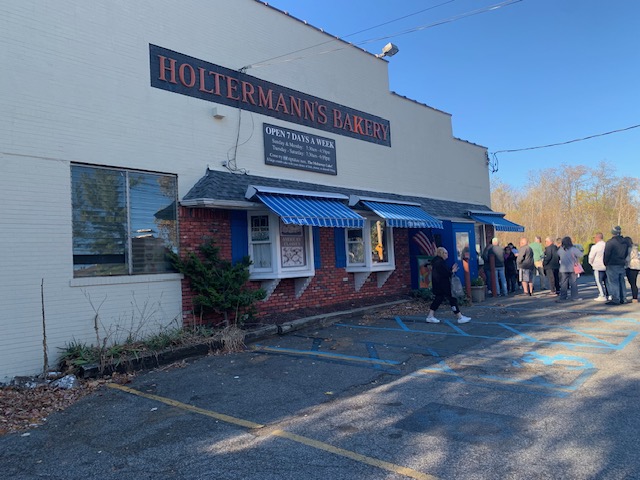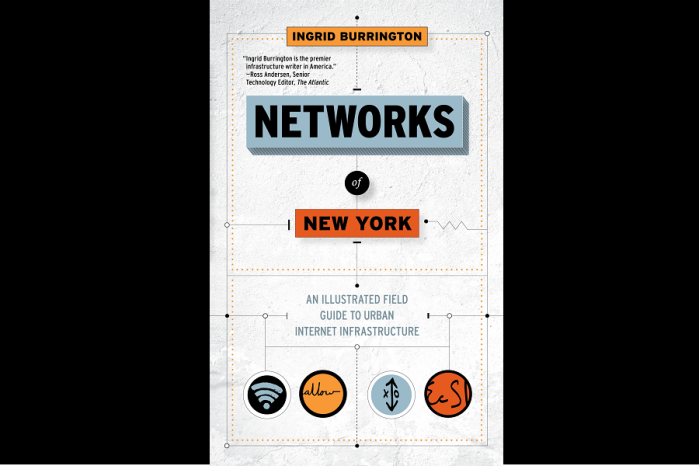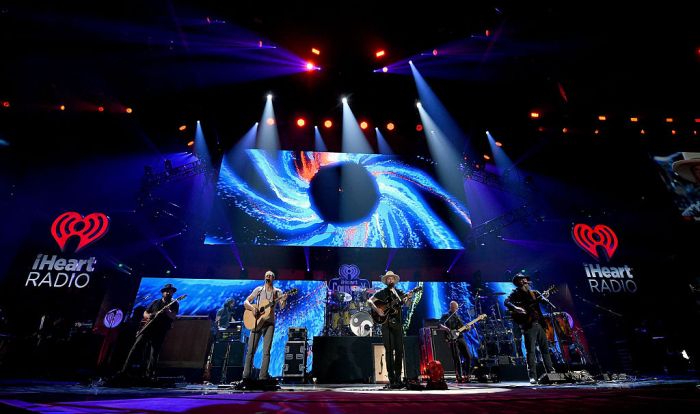“Mystic River” and “Gone Baby Gone” author Dennis Lehane has mastered the art of crafting a story set in the Boston area. However, for his upcoming 14th novel, “Since We Fell,” the acclaimed author is trying something a little different.
In Lehane’s latest thriller, which hits shelves this week, the Bay State native dives into the mind of a female lead protagonist for the first time with Rachel Childs, a former journalist who lives in seclusion following an on-air breakdown. Rachel ends up slipping down a psychological rabbit hole when she starts to investigate the mysterious life of her too-good-to-be-true husband.
Before his book tour stops at the Brattle Theatre on May 15, we caught up with Lehane to get his thoughts on coming back to Boston and how Megyn Kelly inspired a character in his new book.
You must be thrilled that there’s a Boston stop for your book tour.
I’m very excited. It’s a little bit of a dubious excitement because whenever I go back, it reinforces how much I’d rather be there. A bit of a paradox there.
What do you miss the most about the area?
Everything. Just everything. I don’t miss April in Massachusetts, or March. But otherwise, pretty much everything.
Does any part of Boston in particular inspire you the most?
I don’t know about giving me inspiration. I sort of carry it with me no matter where I go. I think that every single book that I’ve written is, in some ways, there’s sort of a love letter to a section of the city, depending on which book it is. For example, “Shutter Island” has Hull. I love Hull. “Mystic River” is Charlestown and Brighton, that’s what I pulled from to create that neighborhood. So this new book is western Massachusetts and the Back Bay.
What made you want to feature a female main character for the first time with “Since We Fell?”
It started off with a very simple idea: I wanted to do a Hitchcock. That was it. And then it was, “What’s going to be the phobia?” or “What’s going to be the dysfunction?” And then I came up with agoraphobia. I’ve been long interested in agoraphobia in a generalized sense. And then it somehow went immediately to a woman. I didn’t even think of a guy. It just immediately went to a woman and this idea, if you’re an agoraphobic, there’s an entire world happening outside your door that you cannot know about. And so, how could that be manipulated? What’s going on in that world? What would your fears be? My fear would be people telling me one thing and doing another.
Rachel, the lead character, has a complicated relationship with her mother, Elizabeth. How does that inform her actions in the book?
It’s everything. Her mother casts a shadow that goes throughout the book, and yet she’s dead, I think, on page 6. She was just one of those characters that just popped. I didn’t mean for her to, again she dies on page 6, but this idea of a woman who withheld knowledge of paternity from her child, it just seemed like such an awful, awful thing. I write about violence, obviously, but what I don’t think that sometimes gets noticed, because I write about physical violence, is how much I write about psychological violence. This is where I completely took the cuffs offs.
Did you base Elizabeth off of any specific person?
No one in particular inspired. But physically, the only thing I knew was at one point, “Huh, wow, I’m channeling Megyn Kelly.” If you go back through the book and you look at the descriptions of her physically, it’s her. I remember, I was all of a sudden in the middle of it, and was like, “Who’s in my head here?” And then I realized, “Oh, you’re doing Megyn Kelly.” Just for looks, not talking about the person. It was all of a sudden just that woman who’s completely put together and completely comfortable in her own skin.
If you go:
Monday, May 15, Brattle Theatre, 40 Brattle St., Cambridge, $5 – $28.75. harvard.com/event/dennis_lehane.

